
Low Creatinine Levels
When it comes to our health, some numbers are more important than others. Blood pressure, cholesterol, and yes, creatinine levels. If you’ve ever had a lab test, you might have noticed that little creatinine number lurking on your report, like a shy kid at a school dance. But what does it mean when that number is low? Let’s break it down.
What is Creatinine?
Creatinine is a waste product generated from muscle metabolism. Essentially, it’s what happens when your muscles are busy being muscles. Your kidneys are responsible for filtering this waste out of your blood, which means that creatinine levels are a pretty good indicator of kidney function. So, when your creatinine levels are low, it can raise a few eyebrows.
Causes of Low Creatinine Levels
Low creatinine levels can occur for a variety of reasons. Here are some common culprits:
- Low Muscle Mass: If you’re not flexing those biceps regularly, your creatinine levels might take a dip. This is often seen in older adults or those with muscle-wasting conditions.
- Malnutrition: Not getting enough nutrients can lead to lower creatinine levels. Think of your body as a car; if you don’t fuel it properly, it won’t run as efficiently.
- Pregnancy: Expecting mothers often experience lower creatinine levels due to increased blood volume and changes in kidney function.
- Underlying Health Conditions: Certain health issues, like liver disease or conditions that affect muscle mass, can also lead to lower creatinine levels. If your body is in a state of flux, your creatinine levels might reflect that.
Symptoms of Low Creatinine Levels
While low creatinine levels themselves don’t usually cause symptoms, they can be a sign of something else going on. If you’re feeling unusually fatigued or weak, or if you’ve noticed significant weight loss, it might be worth consulting with a healthcare provider. Remember, it’s all about context!
When to Be Concerned
So, when should you actually worry about low creatinine levels? If they’re accompanied by symptoms or if there’s a sudden drop, it’s time to reach out to a professional. After all, your kidneys have a big job to do, and keeping tabs on their function is crucial.
How to Manage Low Creatinine Levels
Managing low creatinine levels often involves addressing the underlying cause:
- Nutrition: Ensure you’re getting a balanced diet rich in protein, vitamins, and minerals. Think of it as giving your body the right tools to do its job.
- Strength Training: If low muscle mass is an issue, incorporating some strength training exercises can help. You don’t have to become a bodybuilder; even light resistance training can make a difference.
- Regular Check-Ups: Keeping up with regular health check-ups can help catch any potential issues early. Plus, it’s a great excuse to sit down and chat with your doctor about all those weird health questions you’ve been saving up.
Final Thoughts
Low creatinine levels might not be the talk of the town, but they do have their place in the health conversation. By understanding what they mean and how to manage them, you can keep your kidneys happy and functioning well. Remember, it’s always better to be on the safe side when it comes to health!
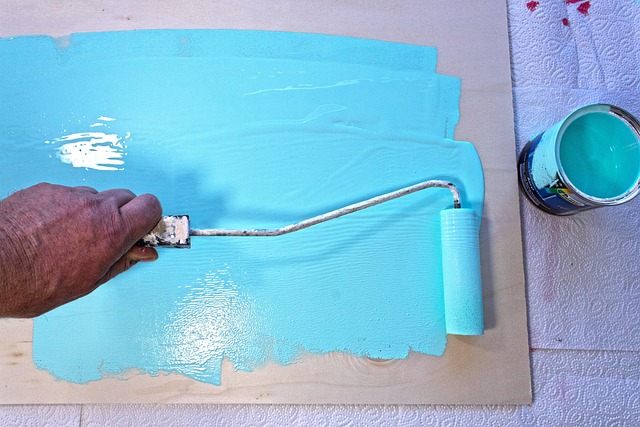


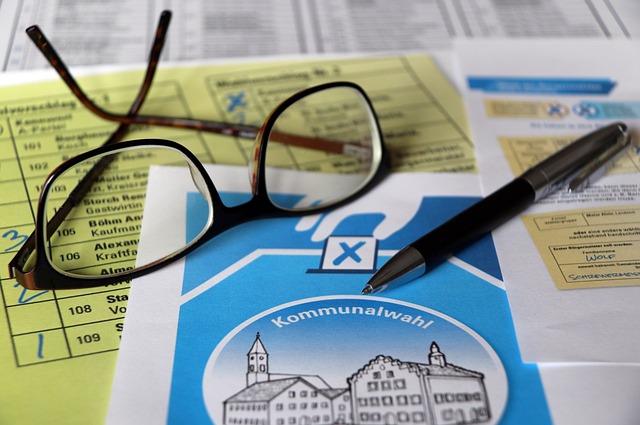
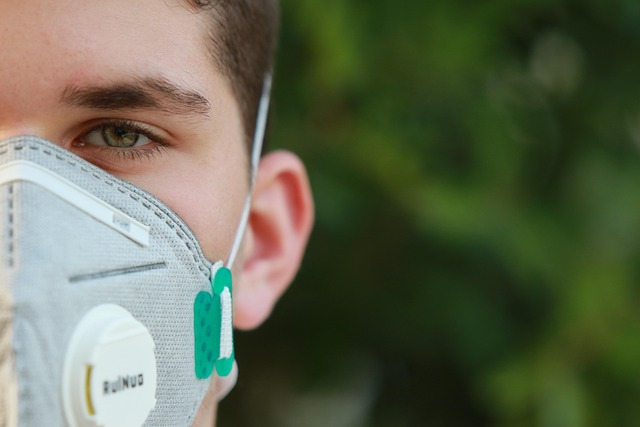





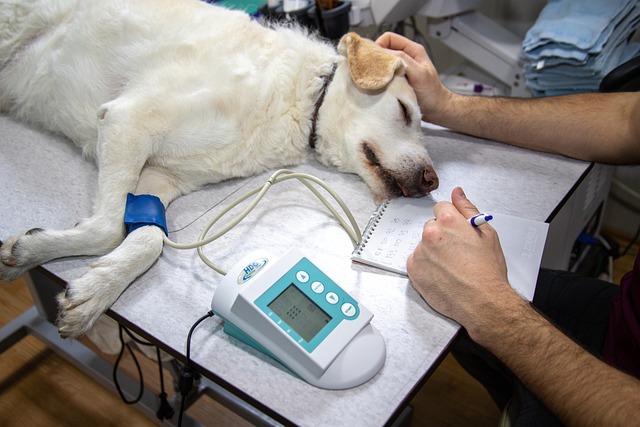

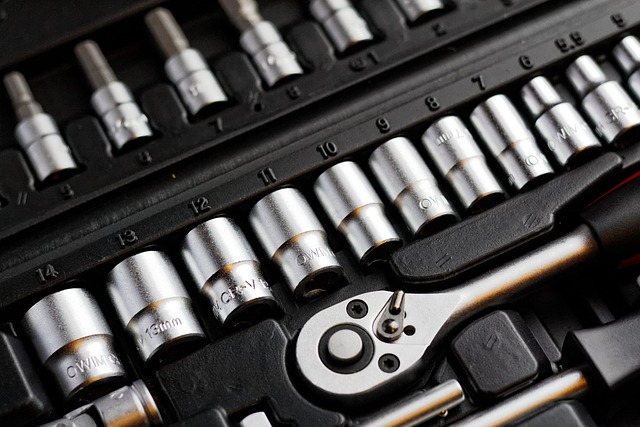



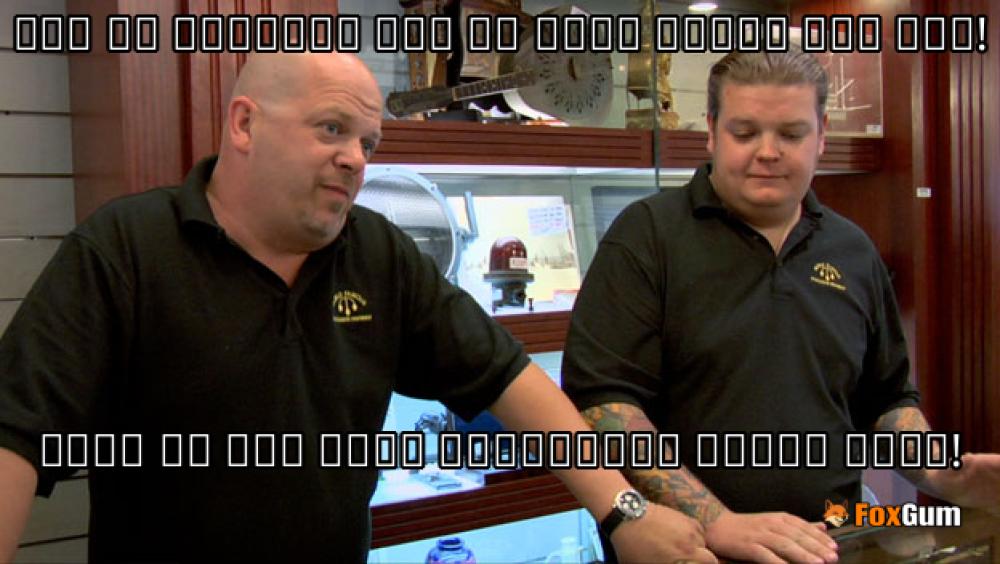
 પરિબળો અને તેમની મહત્તા
પરિબળો અને તેમની મહત્તા 
 Health
Health  Fitness
Fitness  Lifestyle
Lifestyle  Tech
Tech  Travel
Travel  Food
Food  Education
Education  Parenting
Parenting  Career & Work
Career & Work  Hobbies
Hobbies  Wellness
Wellness  Beauty
Beauty  Cars
Cars  Art
Art  Science
Science  Culture
Culture  Books
Books  Music
Music  Movies
Movies  Gaming
Gaming  Sports
Sports  Nature
Nature  Home & Garden
Home & Garden  Business & Finance
Business & Finance  Relationships
Relationships  Pets
Pets  Shopping
Shopping  Mindset & Inspiration
Mindset & Inspiration  Environment
Environment  Gadgets
Gadgets  Politics
Politics 